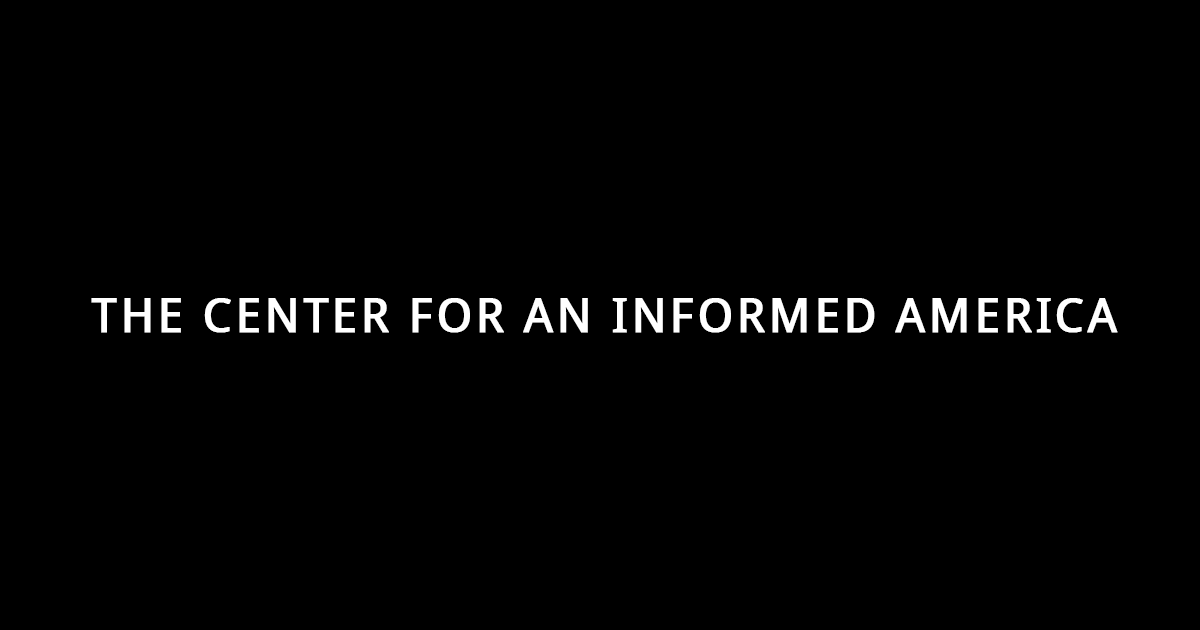Musicinventor
Jedi Master
My creative process happens through improvisation first. I will experiment with chord progressions and melodic ideas. When I find material that I find interesting I begin to develop those ideas through a number of different composition techniques. After that comes a planning stage; style, duration, time signature/s, form, instrumentation, key relationships, motive manipulation, theme distribution throughout the form, etc. Before I do any actual writing I already have a good picture of the piece in my mind. I use graph paper to plot out the whole piece. In my pieces I use a lot of prime numbers, and Fibonacci relationships within the overall structure. The "download" comes when I start the writing process. I am never set on the picture I have in mind, and often find that first ideas become shaped by an external force passing through me.
Recently I pulled out my Chapman Stick and have been relearning the instrument. After 40+ years I burned out on the guitar several years ago, and found that, because of performance and playing the same pieces everyday, I was just going through the motions with no real feeling coming through. Through this relearning process on the Stick I’m finding a new and different perspective from what I had 6 months ago. I will say that having the theoretical knowledge opens up a whole new universe of musical ideas. I tend to keep away from mainstream formulas and patterns and I’m always looking for a new dictionary. At the same time this becomes a hindrance since, as I have come to learn, searching for and trying to find something just pushes the discovery away.
This is a video of a talk I gave about the Stick back in 2007. Due to teaching and Classical Guitar performances it was set aside.
Recently I pulled out my Chapman Stick and have been relearning the instrument. After 40+ years I burned out on the guitar several years ago, and found that, because of performance and playing the same pieces everyday, I was just going through the motions with no real feeling coming through. Through this relearning process on the Stick I’m finding a new and different perspective from what I had 6 months ago. I will say that having the theoretical knowledge opens up a whole new universe of musical ideas. I tend to keep away from mainstream formulas and patterns and I’m always looking for a new dictionary. At the same time this becomes a hindrance since, as I have come to learn, searching for and trying to find something just pushes the discovery away.
This is a video of a talk I gave about the Stick back in 2007. Due to teaching and Classical Guitar performances it was set aside.



